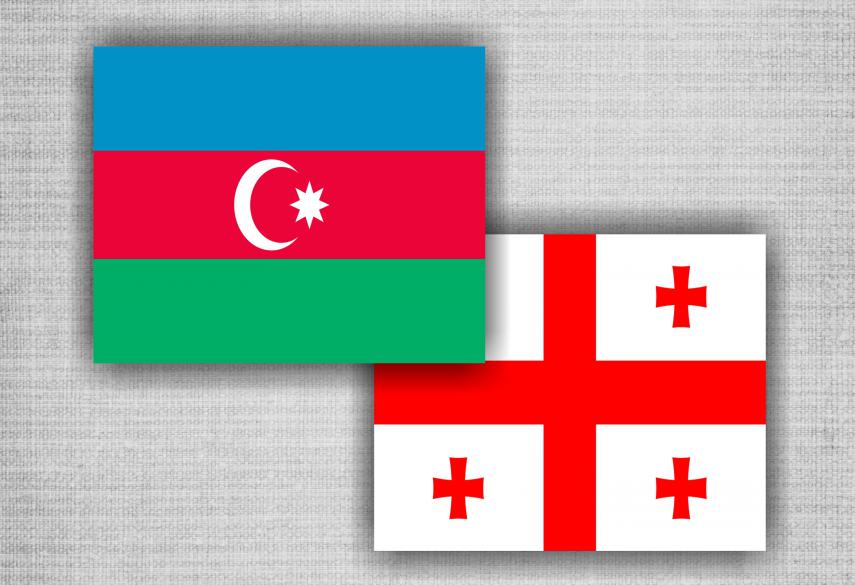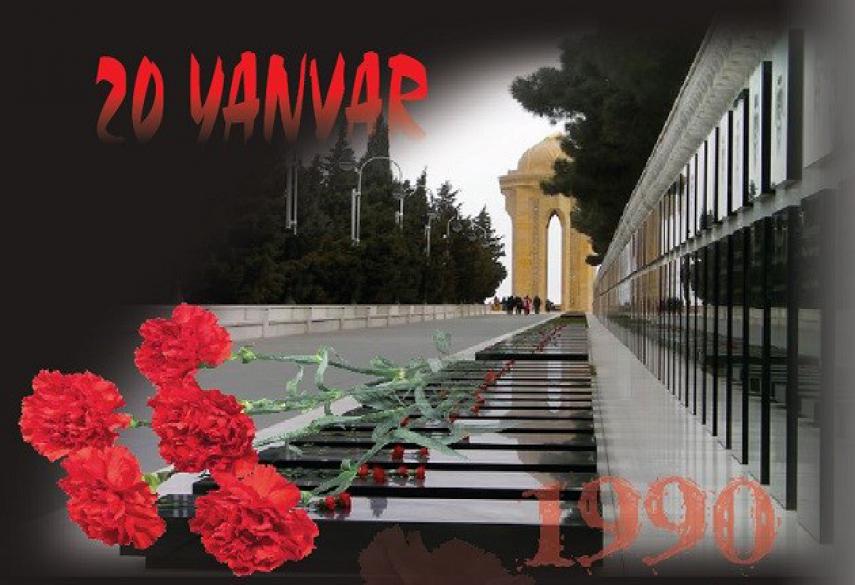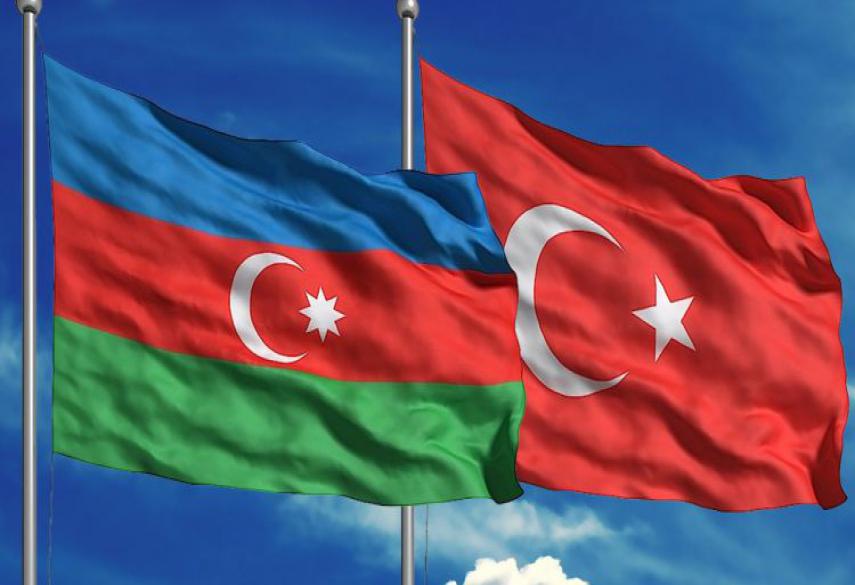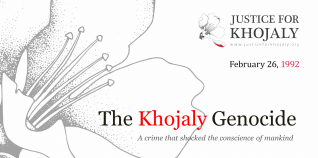Historical culprit of the Armenian-Azerbaijani, Nagorno-Karabakh problem
Azerbaijan, located in a significant geopolitical zone at the intersection of East and West, Europe and Asia, Islamic and Christian civilizations, important transport and communication corridors, rich in hydrocarbon resources, the country enjoying the hugest potential in Caucasus, has always been the focus of attention because of these geopolitical factors. Not only the neighboring but also big states of the world have made efforts to reinforce their positions in this region and this process is continued.
This is why 2 major issues are highlighted in Azerbaijan’s foreign policy strategy:
1) Assurance of energy security of the Republic of Azerbaijan, rich in energy resources;
2) Settlement of the Armenian-Azerbaijani, Nagorno-Karabakh problem, which caused a crisis in South Caucasus, and the biggest problem to our country.
These 2 issues emerged from Azerbaijan’s strategic importance.
Historical facts say particularly Russia was the major country eager to strengthen in this region and facing since the 19th century the danger of weakening of its position here it used Armenian population to create a foothold for itself in the region.
Settlement of Armenian population in Azerbaijani region of Nagorno-Karabakh on the basis of the deportation policy of Russia at the time is the historical cause to the Armenian-Azerbaijani, Nagorno-Karabakh problem. Assuring settlement of different ethnic groups in these territories, Russia managed in the next phases to stir up conflicts among those groups to keep them dependent.
Claiming in the next phase for Karabakh, the Azerbaijani region of huge strategic importance, Armenians, supported by Russia, aimed to create their own state on the basis of these lands, enlarge their territory and realize the illusion of “Great Armenia”. “Crusade” Armenian separatists have been implementing since 1988 against Azerbaijan and Turkey have been accomplished with bloody terrorist acts. Later, 20% of Azerbaijan’s lands were occupied as a result of the Armenian attack that was intensified after USSR fell and states gained independence.
Though the Republic of Azerbaijan involved a number of influential international organizations in the resolution of the problem, neither negotiations held between the two countries nor multilateral meetings held within international organizations had result and today the Nagorno-Karabakh problem remains as the most difficult problem to Azerbaijan.
Laman Khalilova,
“Azerbaijan Realities”























